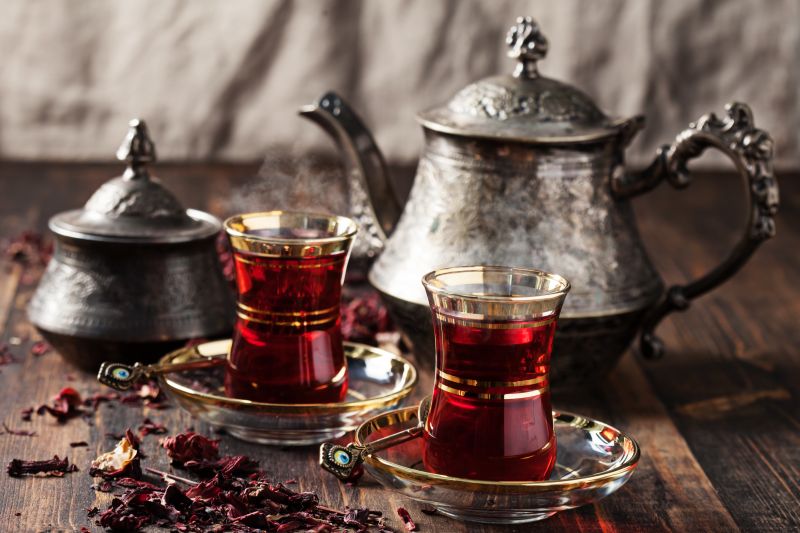
Tea is one of the most consumed beverages in Turkey. A large part of the population has officially made it a habit to drink tea. Regardless of summer or winter, tea is an indispensable beverage for breakfasts, adding conversation to the conversation with friends and family members.
Traditional Turkish tea is black tea and is widely consumed by Turkish people. Herbal teas such as rosehip and linden are also consumed in Turkish cuisine. However, these are seen as an option for those who want to taste a much healthier and different tea.
Let's Look at the History of Tea Together
We do not know exactly how and when tea began to be drunk in human history. The first traces of tea being accepted as a beverage come from China in the 10th century BC. Tea was accepted as a beverage soon after a Venetian writer claimed that the secret to the longevity of Asians was in the tea they drank.
Portuguese traders imported tea in the 16th century, and it became quite popular with the upper-class people (aristocrats, judges, and courtiers). Tea became so popular in the Great Britain region that by the end of the 17th century, tea consumption surpassed that of alcohol. In the 19th century, China's tea trade with Western countries increased and the tea industry began to form in Europe and America.
Turkish Tea History
Oddly enough, despite the thousands of years of history of tea, Turkish tea is much younger. In some sources, the arrival of tea in Turkish lands in BC. It is said to be 400 years old. However, according to definitive records, we can say that tea was heavily preferred in Turkey only after the 1900s.
The first step toward growing tea in Turkey took place in Bursa between 1888-1892. However, tea production could not be made here because the environmental factors necessary for the growth of tea were insufficient. The Turkish Grand National Assembly (Grand National Assembly of Turkey) passed a law in 1924 on the cultivation of tea in the Eastern Black Sea Region. Thus, Turkish tea began to be grown.
At the end of the 1930s, 70 tons of black tea seeds were imported from Georgia to open nurseries in the region. Tea cultivation accelerated in this region with an additional law in 1940 that supported the farmers and protected their rights. Today, tea is grown in an area of 767 million m². Turkish tea has become the most consumed beverage after water, which is the main beverage in Turkey.
Tea, which has such a deep-rooted position in our lives, is drunk with pleasure at every meal and, so to speak, takes our tiredness away. There is a cafe-restaurant where you can have delicious tea when you get tired of visiting the Sultanahmet district of Istanbul. Of course, we're talking about the Pranzo Cafe. We are waiting for you for a tea pleasure that will relieve your tiredness and warm you up.

